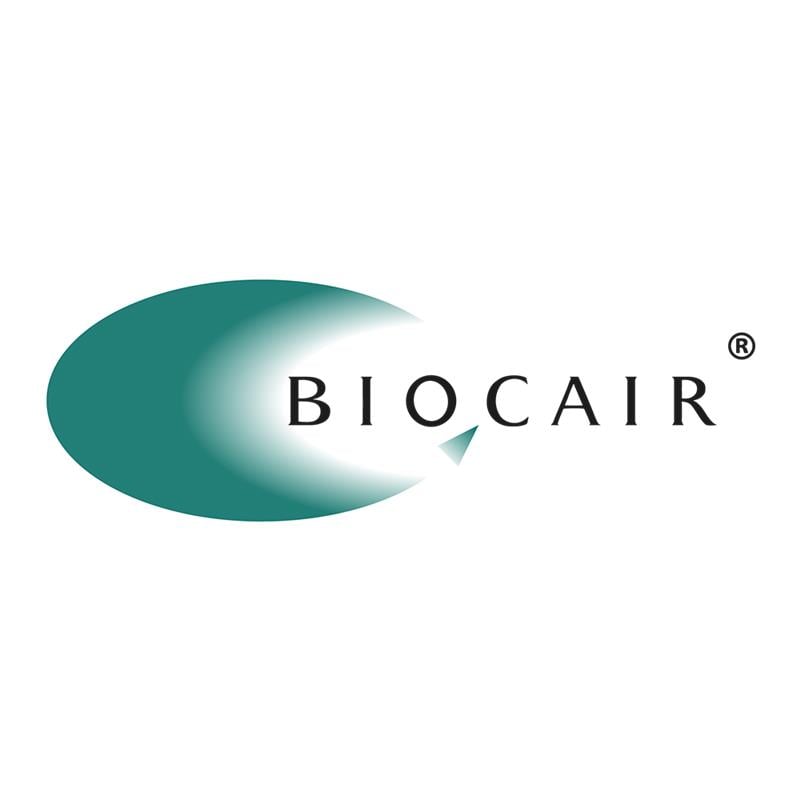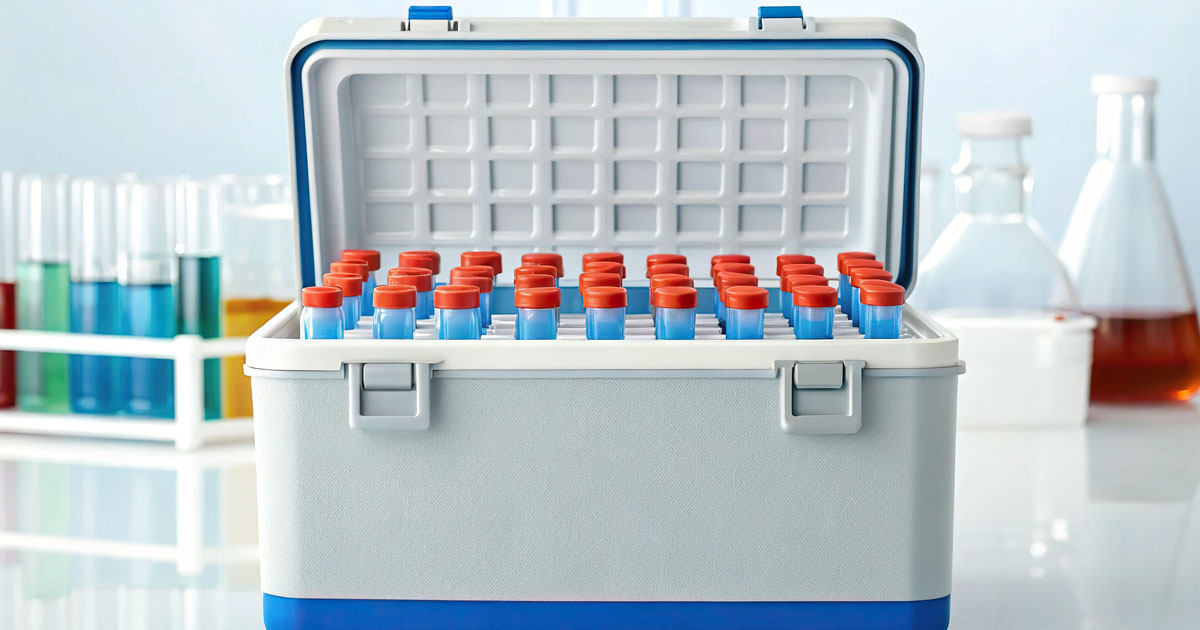In the highly sensitive world of life sciences logistics, maintaining cold chain integrity is non-negotiable. Whether transporting pharmaceuticals, biologics, vaccines, or cell and gene therapies, products must remain within strict temperature ranges from origin to destination. As global supply chains become more complex, the reliance on cross-modal cold chain transport—combining air, sea, and road logistics—has grown rapidly.
But with that complexity comes risk. Each handoff between modes presents potential vulnerabilities. Without the right systems, even a short lapse in temperature control can compromise product efficacy, trigger compliance issues, and cause financial loss.
So how can companies ensure consistent temperature-controlled logistics across all modes? Let’s explore the challenges and best practices to protect cold chain integrity across the transport spectrum.
What Is Cross-Modal Cold Chain Transport?
Cross-modal cold chain logistics refers to the movement of temperature-sensitive products using multiple transport modes—air, sea, and road—within a single supply chain journey. For instance, a vaccine shipment might travel by refrigerated truck to an airport, then by air freight across continents. Some shipments may even involve transit via ocean freight.
Each mode introduces unique handling, environmental, and logistical variables that can disrupt temperature stability.
Challenges of Multi-Modal Cold Chain Logistics
- Temperature Excursions at Transition Points
Loading and unloading during mode transitions expose products to ambient conditions. Even brief exposure can lead to excursions that compromise product quality. - Variable Infrastructure Across Modes
While airports may have advanced cold storage facilities, seaports or remote truck depots may lack the same capabilities. - Inconsistent Handling Protocols
Different logistics providers may follow varying standard operating procedures (SOPs), increasing the risk of error. - Customs and Regulatory Delays
Cold chain products are vulnerable during unforeseen delays, especially in international shipments where customs clearance isn’t always predictable. - Lack of Real-Time Visibility
Without continuous temperature monitoring across modes, it’s difficult to detect and respond to excursions quickly.
Best Practices to Maintain Cold Chain Integrity
- Use Passive and Active Thermal Packaging
Employ packaging systems designed for cross-modal transitions. Passive containers with phase-change materials are ideal for short durations, while active containers with built-in refrigeration are better for long hauls and uncertain delays.
- Integrate Real-Time Monitoring Solutions
Utilize IoT-based temperature and GPS tracking that work across air, sea, and road transport. Real-time visibility allows supply chain managers to take corrective actions before issues escalate.
- Standardize SOPs Across Modes and Partners
Develop and enforce uniform handling procedures for all carriers, warehouses, and ground handlers to minimize variability.
- Pre-Plan Transition Points
Analyze and map out handoff locations in advance. Ensure they have adequate cold storage infrastructure and trained personnel.
- Work with Specialist Cold Chain Logistics Providers
Partner with experienced providers who understand GDP compliance, regulatory nuances, and global cold chain best practices.
Future Outlook: Smarter Cold Chain, Safer Products
Technology continues to enhance cross-modal cold chain logistics. Innovations like AI-driven route optimization, blockchain traceability, and automated cold storage will soon become the norm. As regulations tighten and the need for sensitive biologic therapies to be transported farther faster increases, investing in robust end-to-end cold chain systems is no longer optional—it's essential.
Final Thoughts
Maintaining cold chain integrity across multiple transport modes is complex, but not impossible. With the right technology, packaging, partnerships, and planning, life sciences companies can ensure their critical products arrive safely—no matter how many legs or transitions are involved.
By optimizing cross-modal cold chain logistics, businesses not only safeguard product quality but also strengthen compliance, reduce risk, and build resilience across the global healthcare supply chain.
Biocair, a global specialist in life sciences logistics, is at the forefront of solving these challenges. With decades of experience in managing temperature-controlled shipments, Biocair offers tailored solutions designed to meet the most demanding regulatory and product integrity requirements. Their expertise, real-time monitoring systems, and global infrastructure ensure that every handoff is seamless and every shipment is protected.
When it comes to navigating the complexities of cross-modal cold chain transport, Biocair delivers the precision, compliance, and care that life sciences companies can rely on.
Related Contents:

Biocair
Cold Chain Solutions for Life Sciences and Pharma
Biocair is a global logistics provider specializing in pharmaceutical, biotechnology and life sciences supply chain solutions with nearly 40 years of experience. By assembling a team of best-in-class industry experts in quality, cold chain and regulatory compliance, Biocair focuses on providing the most comprehensive time-sensitive and temperature-controlled solutions.






